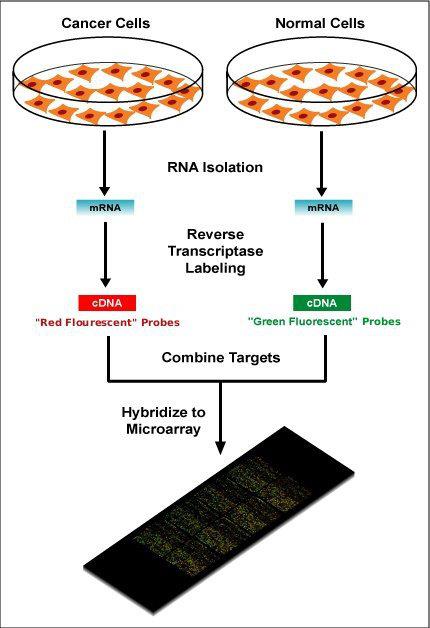Introduction
Biomedical Engineering is a division of engineering that deals with the study of engineering laws and techniques that are applied in the medical sector. Biomedical engineering develops and manufactures of prostheses, medical equipments, diagnostic devices and drugs. Professionals in this field are known as a biomedical engineer. Biomedical engineering course curriculum includes bio-mechanics, tissue and cellular engineering, genetic engineering, orthopedic surgery, bio-instrumentation, medical imaging and bio-materials.
The biomedical engineers utilize the customary engineering methods and theories to examine and resolve problems in biology and medicine, and thereby provide a complete enhancement of health care. Biomedical engineering is getting more popularity around the world due to rising of medical technologies. Hence, there is a great demand of biomedical engineers in recent years.
Biomedical Engineering involves design of instruments, devices, and software, to bring together knowledge from many technical sources to develop new procedures or to conduct research needed to solve clinical problems.
A biomedical engineer uses the traditional engineering theory and techniques to analyze and solve problems in Biology and medicine providing an over all enhancement of health care.
The course curriculum in Biomedical engineering are clinical engineering, tissue and genetic engineering, biomechanics, medical imaging, rehabilitation engineering, system physiology, bio-mechanics, bio-materials etc. These methods are applied in medical health treatment.
Students choose the biomedical engineering field to be of service to people, to partake of the excitement of working with living systems, and to apply advanced technology to the complex problems of medical care.
The biomedical engineer works with other health care professionals including physicians, nurses, therapists and technicians.
Biomedical Engineering Career Prospects
Biomedical engineering is one of the tough career options preferred by talented individuals in the field of engineering and medical sciences. There are enormous opportunities in this field.
Biomedical engineers are employed in universities, in industry, in hospitals, in research faculties of educational and medical institutions, in teaching, and in government regulatory agencies.
They often serve a coordinating or interfacing function, using their background in both the engineering and medical fields. In industry, they may create designs where an in-depth understanding of living systems and of technology is essential.
They may be involved in performance testing of new or proposed products. Government positions often involve product testing and safety as well as establishing safety standards for devices.
In the hospital, the biomedical engineer may provide advice on the selection and use of medical equipment, as well as supervising its performance testing and maintenance.
They may also build customized devices for special health care or research needs. In research institutions, biomedical engineers supervise laboratories and equipment, and participate in or direct research activities in collaboration with other researchers with such backgrounds as medicine, physiology, and nursing.
Some biomedical engineers are technical advisors for marketing departments of companies and some are in management positions.
Some biomedical engineers also have advanced training in other fields. For example, many biomedical engineers also have an M.D. degree, thereby combining an understanding of advanced technology with direct patient care or clinical research which further increases their job prospects.
Job Prospects
Biomedical engineering is one of the recognized professional career options made by students in India. Biomedical engineers and technologists can seek employment in various industries such as hospitals, medical institutions, manufacturing units, medical equipment, government agencies and pharmaceuticals. Biomedical engineers develop modified devices and provide advice for handling and maintaining medical equipments. Individuals also can seek employment in medical equipment companies as technical advisers.
There are ample opportunities for biomedical engineers in the field of research and development at research institutes, government agencies in India, universities and other abroad countries. Biomedical engineers are employed in various companies such as Larsen & Toubro, BPL, Wipro Medical and Siemens into their R&D section or into sales and marketing, depending on their skills and preferences. Professionals in this career can also opt for teaching jobs in universities and colleges. There are lots of job opportunities available in India as well as in foreign countries.
Some Job Profiles
- Clinical Engineers
- Biomaterials Engineers
- Patent Analyst
- Business Managers
- Professors/Teachers
- Research Scientists
- Technical Writers
- Biomechanics Engineers
- Bioinstrumentation Engineer












